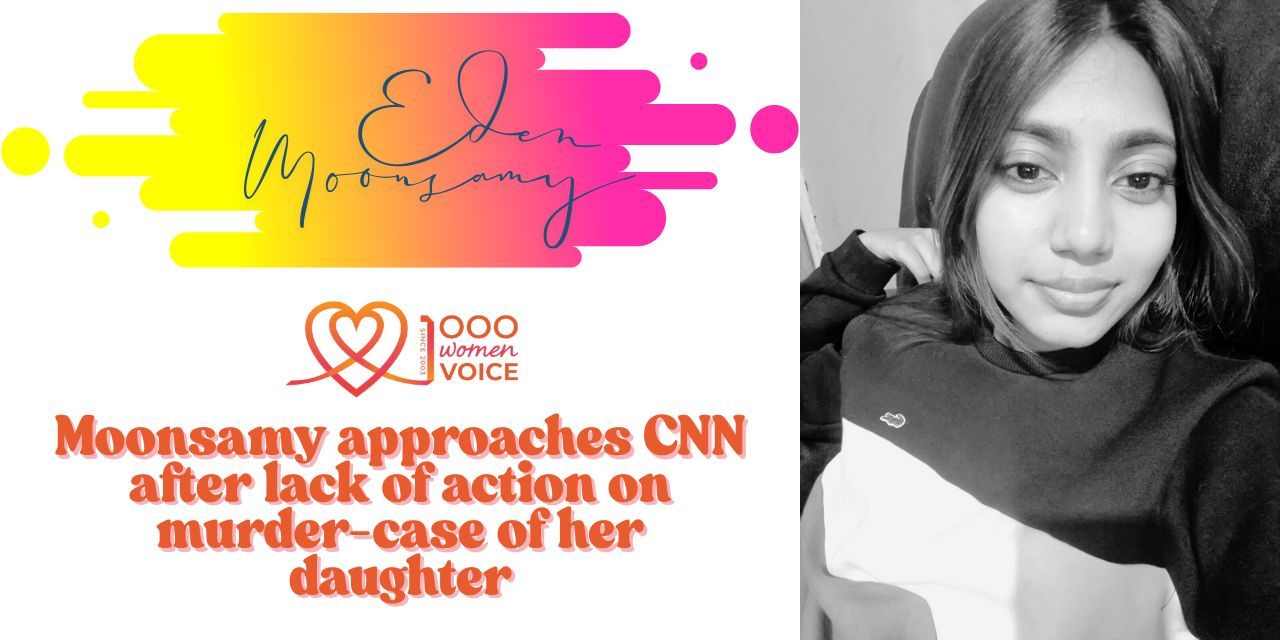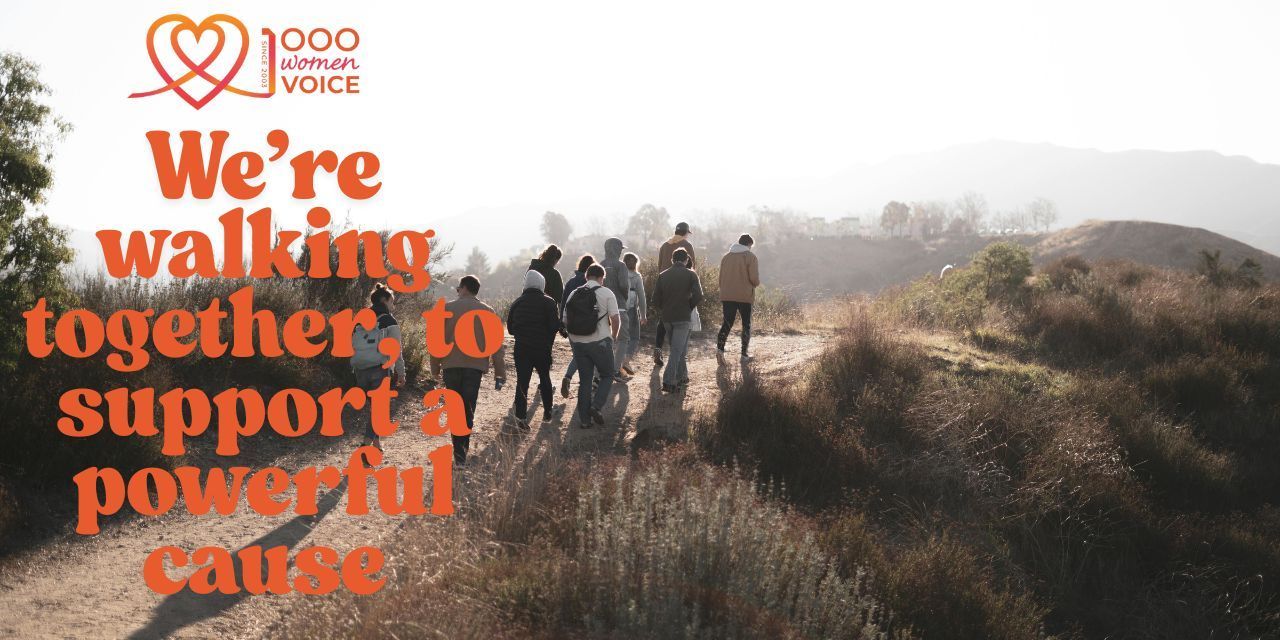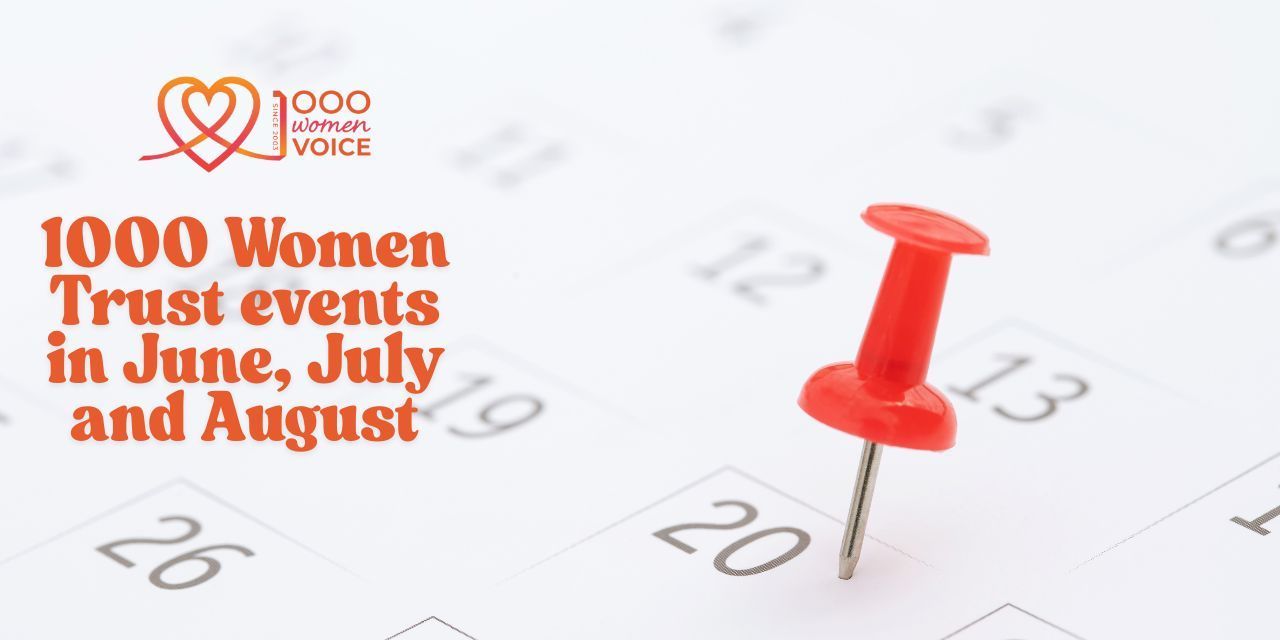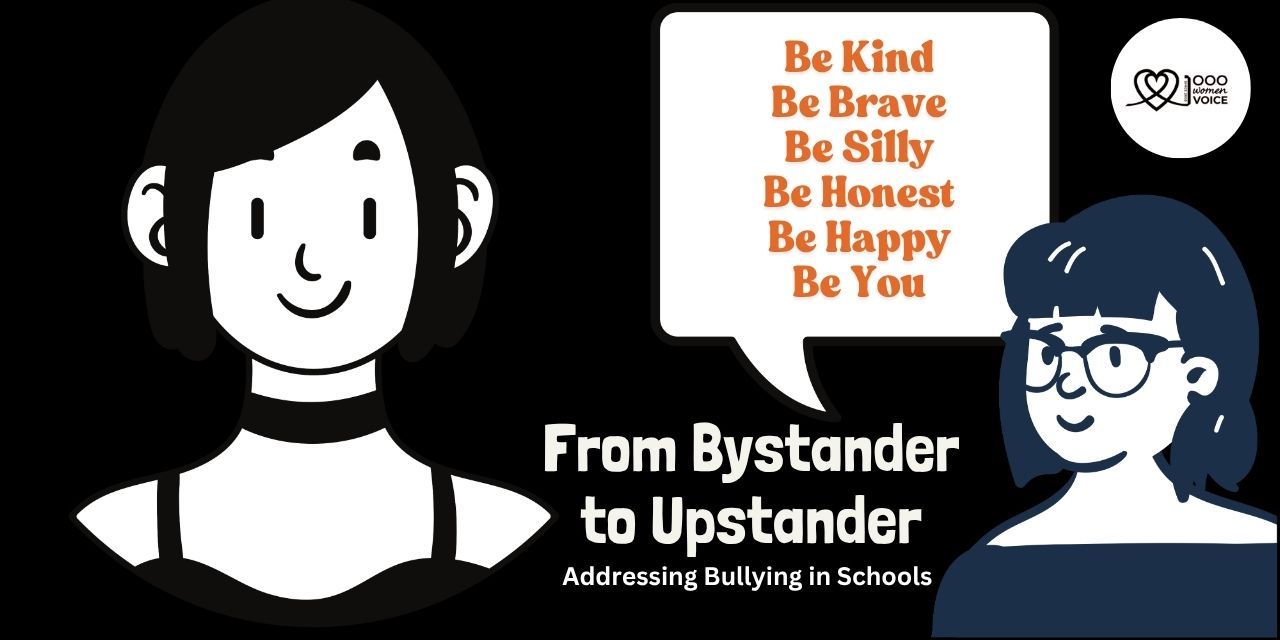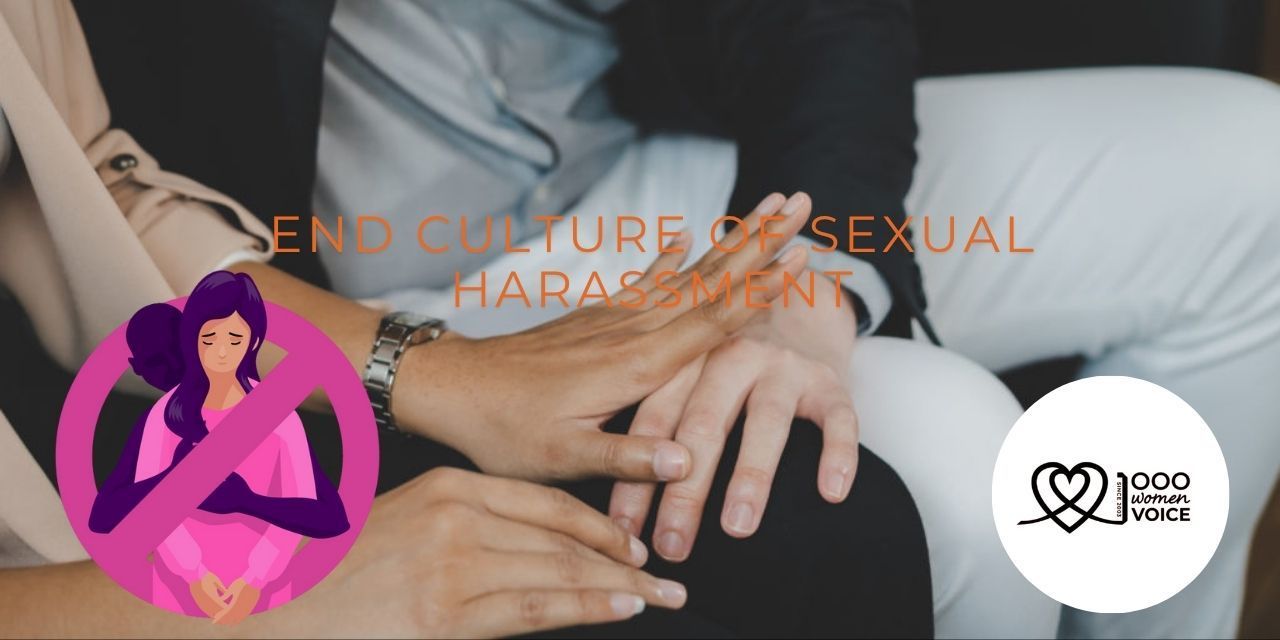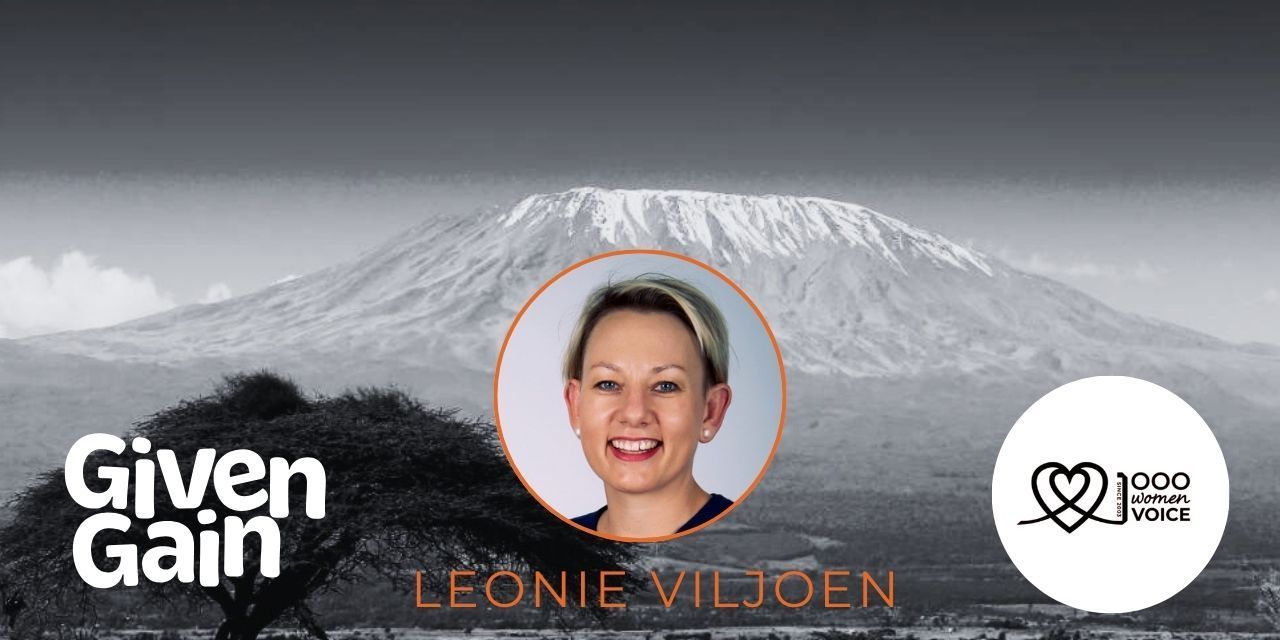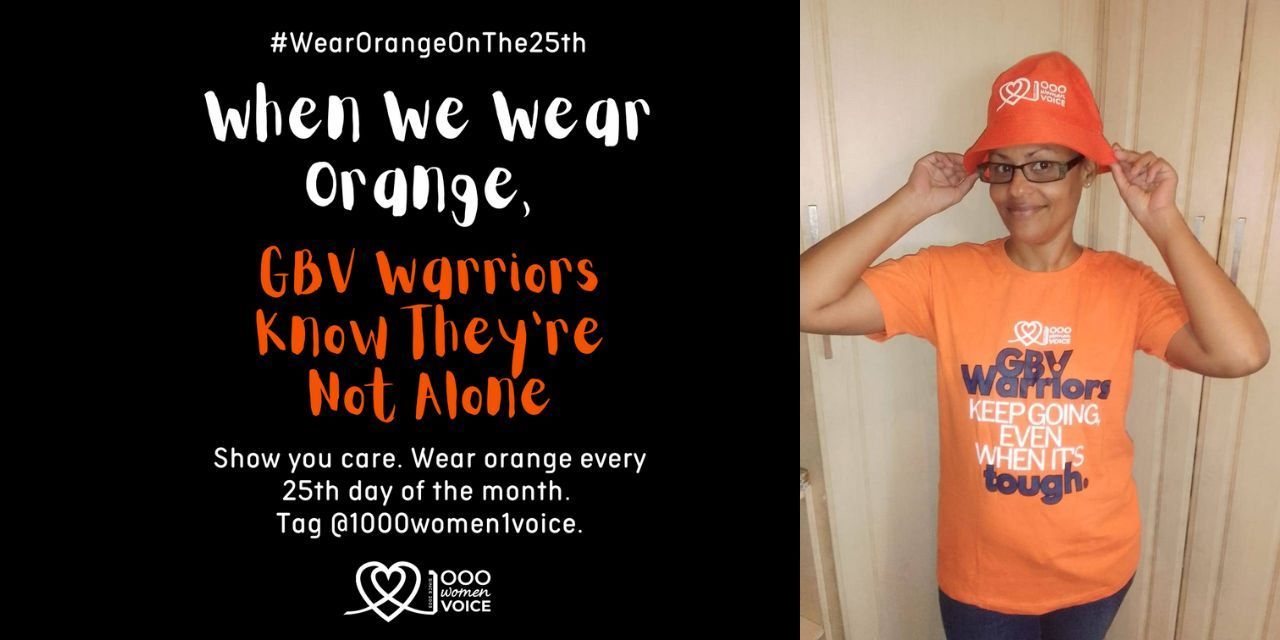Teenage pregnancies, gender-based violence alarming on day of the girl child
CAPE TOWN. – The international day of the girl child – celebrated on 11 th October – focuses the attention on the need to address the challenges girls face and to promote girls’ empowerment and the fulfillment of their human rights.
One of the great challenges girls face in South Africa is that their human rights are undermined by a patriarchal society and community values that fail to acknowledge gender equality.
One example is the challenges governments face in eradicating child marriage. In Africa, 34 % of girls are married before they reach the age of 18. The South African government needs to ensure that policies and frameworks that outlaw harmful traditional practices, such as child marriage, are adhered to and implemented.
Another factor is poverty which undermines girls’ access to education.
Statistics South Africa established in 2020 that six out of ten children, or 62.1 percent, are multidimensionally poor. This finding is consistent with an income poverty line that is based on the upper-bound poverty line, which finds that 67 percent of children are located in income-poor families in South Africa.
That has an impact on the girl child that goes to school. According to an article in Parent24, it is estimated three out of ten girls in South Africa miss school during their periods each month.
Gender-based violence, abuse, bullying, and rape cast an enormous shadow over the human rights of the girl child in South Africa.
According to a recent report on www.iol.co.za , an increase in teenage pregnancies during the Covid-19 pandemic is the result of a dysfunctional society rather than a health crisis, says the Health Department’s chief director of Women, Maternal, and Reproductive Health, Dr. Manala Makua.
Since the onset of the pandemic, teenage deliveries in the 10 to14 age group have increased by around 67% in South Africa.
Makua revealed during a media briefing in September 2021 that over 4 000 girls between the ages of 10 and 14 delivered their babies in the period April 2020 to March 2021.
Between April 2017 and March 2018 only 2 700 deliveries were recorded in the same age group.
In the 15 to 19 age group, between 2020 and 2021 there were over 134 000 deliveries.
“We are likely to see the numbers growing higher and higher. Why would 4 000 girls who are between 10 and14 years old fall pregnant? They are falling pregnant under our watch. Our message should be that we need zero deliveries of 10-to-14-year-olds,” said Makua.
A possible contributing factor to the increase of teenage pregnancies in the late introduction of age-appropriate sexuality education, she said.
“There should be no age restriction to access sexual reproductive health services. The education sector is postponing this,” Makua said.
Head of Reproductive Medicine at Steve Biko Hospital, Professor Zozo Nene, said addressing teenage pregnancy is the responsibility of everyone, including healthcare providers, the government, educators, and religious leaders.
“We can no longer sit idly by while children are having children. We get scared when they tell us the statistics and we get shocked, but after that, we just leave everything and we don’t do anything about it,” she told the African News Agency.
The women-led organization 1000 Women Trust has conceptualized several campaigns to introduce values and skills to parents so that they can share values about respect, gender equality, and non-violence with their sons when socializing with girls.
The Talking-to-Boys initiative was launched in November 2020 and focused on the important values that parents must share with their boys aged 0 to 7, 7 to 13, and aged 13 to 19.
The Talking-to-Boys initiative was part of the #MakeTime-campaign and the 1000 Women Trust implored both fathers and mothers to invest at least 30 minutes per month talking to their boys.
Boys don’t grow into well-rounded men all by themselves, but they need their parents to draw near to them and to speak to them about the importance of respecting girls, respecting the importance of boundaries and consent, and committing themselves to non-violence.
1000 Women Trust, in collaboration with the Ruben Richards Foundation, is also running anti-bullying campaigns and the #MakeTime-campaign in the Matzikama- and Cederberg Municipalities and in Molsvlei as part of a national campaign by the department of social development called “men championing change.”
The ultimate purpose is that these campaigns introduced by the Ruben Richards Foundation and 1000 Women Trust will deeply impact male community and religious leaders, who, in turn, will positively inspire men in the community to commit to non-violence and respect for women and girls so that South Africa could ultimately end the second pandemic of gender-based violence.
You can visit 1000 Women Trust on www.1000women.co.za. Parents can also visit www.maketime.org.za to ascertain what the important values are when talking to boys about the right conduct in relationships with girls.
1000 Women Trust’s Trauma Training course on WhatsApp and person-to-person have become catalysts for the healing of several women and girls in many communities across the Cape Peninsula and the West Coast. Since the course was first rolled out, more than 4000 people have attended it person-to-person or on WhatsApp.
You can follow this link to join the WhatsApp group: https://chat.whatsapp.com/KVqpHSDdBjq3I0GzFEnSMv
